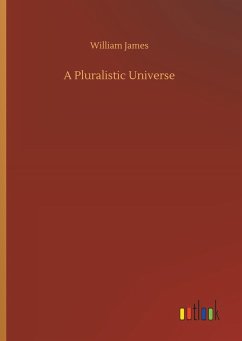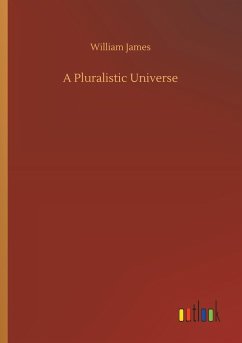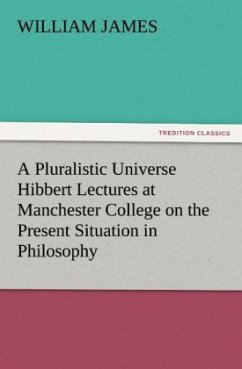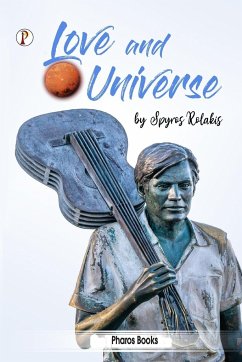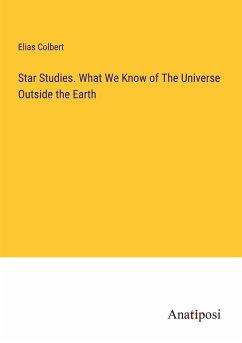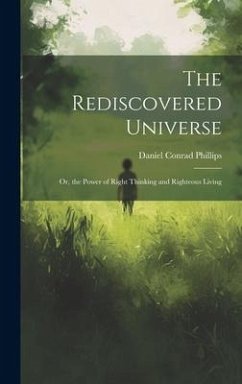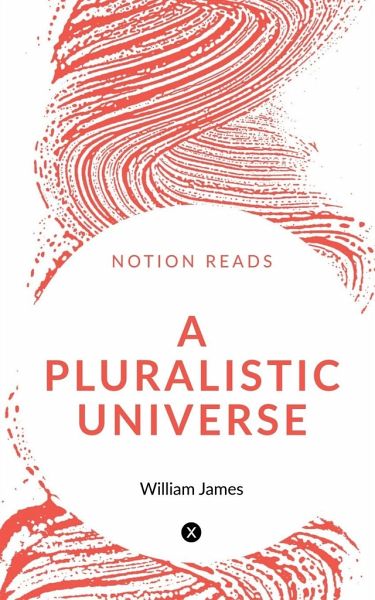
A Pluralistic Universe
Versandkostenfrei!
Versandfertig in 1-2 Wochen
18,99 €
inkl. MwSt.

PAYBACK Punkte
9 °P sammeln!
"Notion Press proudly brings to you timeless classics from ancient texts to popular modern classics. This carefully chosen collection of books is a celebration of literature, our tribute to the pioneers, the legends and the giants of the literary world. Apart from being the voice of indie writers, we also want to introduce every reader to read all kinds of literature. In this series, you will find a wide range of books-from popular classics like the works of Shakespeare and Charlot, Brontë to rare gems by the likes of Edith Wharton and James Fenimore Cooper.



